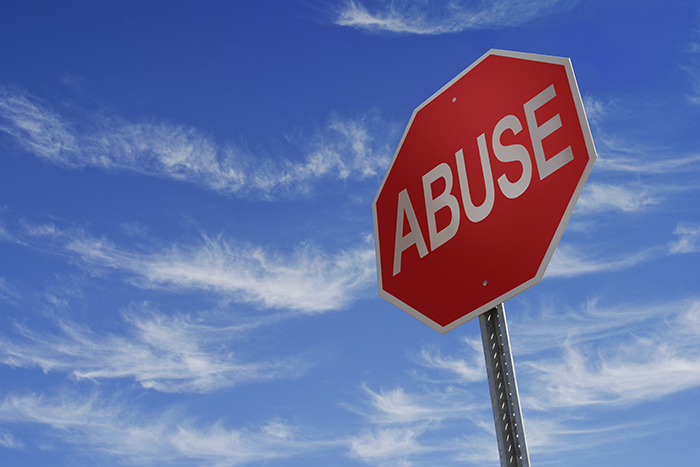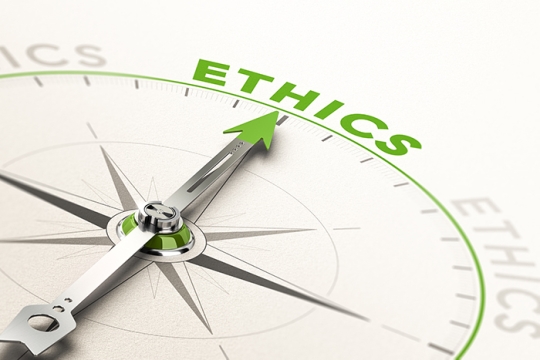
Much communal focus has been appropriately directed at making the places we Jews gather safe from violent attacks by those who wish to cause us harm, from the spread of the deadly coronavirus during the pandemic, and other grave external threats. The time is long overdue, however, to confront an internal threat: abuse, misconduct, especially sexual misconduct, in spaces for which the Union for Reform Judaism (URJ) is responsible.
This past Friday, the URJ issued a strong, clear statement of our commitment to address any report of misconduct appropriately and transparently:
“In recent weeks, there have been several public reports of leaders in our Reform Jewish Movement who have engaged in abuse, misconduct, and sexual assault. The pain endured by the victims is heartbreaking. We hope the reports of these brave victims will empower others who have suffered in silence to come forward so that there can be both accountability and healing. We commit without hesitation that the Union for Reform Judaism (the URJ) will address all reports of misconduct appropriately and transparently, centering the survivors as we move forward.”
This statement came after the URJ has worked for many years to confront unacceptable behavior, creating internal structures to prevent misconduct and foster safe and equitable environments. We enacted an Ethics Council and developed URJ Ethics Codes, which guide the conduct of our staff and lay leaders. Every staff member is required to participate in annual anti-harassment and discrimination training. We have partnered with the Baltimore Child Abuse Center to collaborate in preparing and providing our staff training for abuse prevention. And we have hired permanent staff with expertise in these areas to support our ongoing work in these areas.
Even with these serious ethics, equity, and abuse protection protocols, we determined that this moment required additional measures to ensure the safety of every person in our various spaces. To that end, the URJ has engaged Debevoise & Plimpton, a nationally-regarded firm that has conducted independent investigations and restorative processes in recent years for a number of leading organizations, schools, and universities. Mary Beth Hogan, an expert in this area and co-chair of Debevoise’s Litigation Department, will lead the investigation. Ms. Hogan and her team have over 40 years of experience investigating sexual abuse, assault and workplace discrimination. Her mandate is to conduct a comprehensive and impartial investigation, without influence or interference from URJ staff or lay leaders.
In our role of guiding congregational leaders of the almost 850 URJ congregations, we urge them now as in the past to adopt their own rigorous codes of ethics accountability that cover staff, congregants, and board members. In addition, we strongly encourage our congregations to uphold the highest ethical values of our tradition by having their professional staff join their respective professional organizations. Those organizations, which have their own ethics codes, including reporting misconduct to the organizations, play an important role in securing the safety of our communities. It is essential to understand that our congregations are all autonomous organizations that are governed by their own leadership. The URJ has the role of advising and guiding congregational leaders, but if additional measures are to be enacted, they must be voluntarily adopted by each of these congregations.
For more on this read: "Ensuring the Sacred and the Ethical in Sacred Partnership".
In the Shulchan Aruch, the authoritative medieval code of Jewish law, we learn: "When possible, the synagogue should be built at the highest point of the town, and should be taller than any other inhabited building" (Orech Chayim, chapter 9). This teaching is not really about geography or architecture; it is about ethics. Our congregations must be those shining communities on the hill where our most essential Jewish values are not only espoused but, more importantly, lived.
The URJ just completed our annual four-day Scheidt Seminar, in which presidents and presidents-elect from 147 congregations attended seminars and discussions that prepared them to lead their communities at this critical moment in Jewish life. Included was the issue of making our congregations more ethically accountable.
That will also be the subject of the upcoming quarterly meeting of the URJ Conference of Presidents on May 12, when we will discuss resources for ensuring a safe, equitable, and respectful environment in your congregation. We encourage all congregational presidents to participate. The meeting will be recorded and posted in the Presidents’ Lounge in the Tent.
May we be guided in this sacred work by our Jewish tradition, which is unyielding in holding all of us responsible to create safe environments in which a culture of justice and safety prevails. The Prophet Isaiah reminds us of what it will take to heal our community: “Zion will be redeemed through justice” (Isaiah 1:27). In this time of moral reckoning, our community can be redeemed only by the unflinching pursuit of justice. When sacred trust has been violated, it will take an entire community to restore it. For too long our community has been unwilling to face the hardest truths, but we will turn away no more.
Related Posts

URJ Ethics Accountability Update - June 2025

URJ Ethics Accountability Update - February 2025

